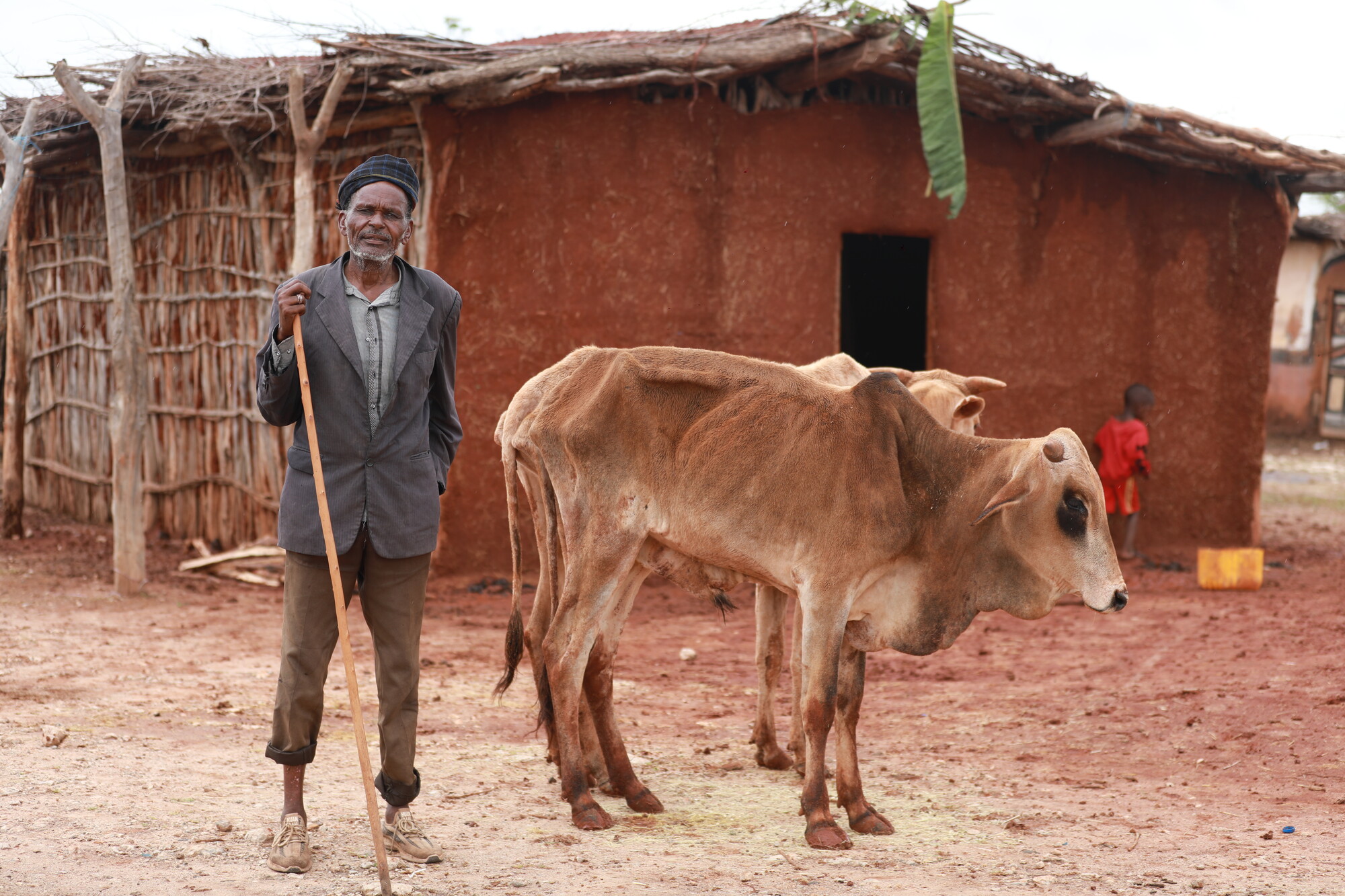The sixth assessment and most comprehensive scientific evaluation of climate change has been published, and it makes for grim reading.
The Sixth Assessment Report (AR6) by the Intergovernmental Panel on Climate Change (IPCC) suggests that there is a high probability of global temperature increase surpassing 1.5 degrees Celsius between 2021 and 2040. But it is important that we don t give up on it and strive for ambitious and inclusive climate actions.
The report provides a detailed account of how the world is suffering from the effects of increasing greenhouse gas emissions, including food insecurity, loss of livelihoods, and the breakdown of communities. It also highlights the escalating and irreversible dangers that we may face if we do not take corrective measures.

Drought in the Horn of Africa has severely affected older pastoralists in Ethiopia.
Brook Admasu/HelpAge International
Including older people in climate actions
Javeria Afzal, HelpAge s Climate Change Adviser HelpAge believes that there is a blind spot in the report as it does not look at ageing implications in different climate scenarios.
With, the number of people in the world aged over 65 set to double or triple in the next 25 years, any proposed response to the climate crisis is missing a beat if it does not acknowledge the overlap between climate change and population ageing.
By 2050 there will be between 1.3 and 1.8 billion people over 65 on the planet, making up between 17% and 21% of the global population.
This increasingly fast rate of population ageing means that if we are to prepare for how we are going to adapt and mitigate for climate change as well as ensuring the overall wellbeing of society it is crucial that the IPCC and UNFCCC (United Nations framework Convention on Climate Change) include the needs of older people as part of future plans regarding climate change.
This increasingly fast rate of population ageing means that scenarios guiding climate change need to consider this trend and its impact on adaptation and mitigation measures. To accurately predict the need for and availability of adaptation and mitigation measures, it is crucial that AR7 (Seventh assessment Report) includes ageing in its analysis and scoping.
HelpAge has developed a #GreyAndGreen Manifesto which sets out our commitment to put older people at the forefront of climate solutions and provide a platform for organisations, practitioners, and HelpAge global network members to ensure older people are included in actions to mitigate against and adapt to climate change.
